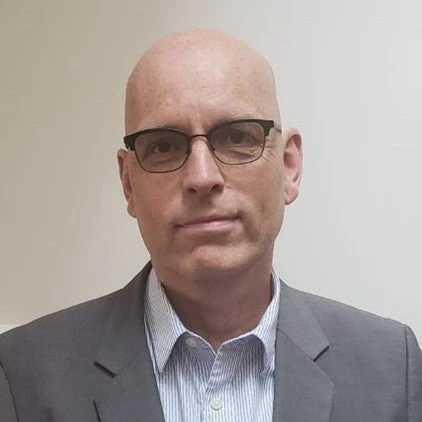 Creasion organized a series of clean-up activities in seven different locations in Nepal, including the Sunkoshi River, Bhapsi River, Rapti River, Shivaghat, Trishuli River, and Gajuri Bazaar. Photocredit @Creasion
Creasion organized a series of clean-up activities in seven different locations in Nepal, including the Sunkoshi River, Bhapsi River, Rapti River, Shivaghat, Trishuli River, and Gajuri Bazaar. Photocredit @Creasion
On September 20, 2024, communities across the globe will meet at rivers and beaches near their homes for World Cleanup Day to combat the growing problem of plastic pollution in waterways. Since 2018, this annual event united 211 countries and territories and 91 million volunteers. It is more than just a day of picking up trash; it is a powerful statement about collective commitment to preserving the planet.
When not properly handled, plastic waste is a one of the major polluters of the atmospheric and marine environments. Quantities of burned plastics are estimated to equal those released to land and sea. Open burning of plastic waste significantly contributes to air pollution, releasing harmful toxins and pollutants into the atmosphere
Plastic pollution in our oceans and rivers has reached alarming levels, threatening marine life and ecosystems. The evidence is all around us along coastlines and riverbanks, where discarded plastics are now a common sight. Not only do these affect the natural beauty of these areas but they also pose a serious threat to wildlife, including birds, whales and fish, which often mistake plastic debris for food, leading to injury, starvation, and death. Beyond the plastics we can see, microplastics have recently come into focus as an extreme challenge impacting human health and marine ecosystems. Microplastics predominantly enter the environment via wastewater, but can also circulate via precipitation (i.e., snow and rain) to contaminate distant environments. Ongoing research confirms microplastics have fully penetrated food chains, evidenced by detection nearly everywhere they are searched for, including even human fetal tissue.
Two recently released World Bank reports, supported by ProBlue and SAWI trust funds, show that South Asia is a hotspot for plastic waste entering the oceans each year, with rivers acting as major conduits in a region where plastic waste management infrastructure struggles to keep pace with rapid urbanization and population growth. "Tangled Seas" looks at marine-based sources of plastic waste, including abandoned, lost or discarded fishing gear or ‘ghost gear’, while "Waves of Plastic" focuses on plastic pollution coming from land-based sources. Together, these publications represent an important contribution to improving understanding and decision-making about plastic pollution in the region. It is estimated that about 1 million metric tons of plastics leak into South Asia’s marine environments every year . Additionally, South Asia is an important of ‘ghost gear’, with about 10 thousand metric tons generated annually across Bangladesh, Maldives, Pakistan, and Sri Lanka.

Community Action and Global Efforts
The Plastic Free Rivers and Seas for South Asia (PLEASE) project, led by the South Asia Cooperative Environment Programme (SACEP) and supported by the World Bank, aims to reduce marine plastic pollution, and promote innovation to transform plastic usage and production. PLEASE has also facilitated beach clean-up initiatives in Sri Lanka with the Negombo Recycling Club, in the Maldives with the Maldives Authentic Crafts Cooperative Society, and in Bangladesh with BRAC. PLEASE grantees, such as Greener Way and Bhutan Ecological Society in Bhutan, along with BIOCOMP and CREASION in Nepal, organized river clean-up campaigns. In addition to preventing tons of plastics from entering the marine environment, clean-up campaigns supported by PLEASE engaged more than 5,000 people, most of them women, to rethink their use of plastics and to advocate for better waste management practices in their communities.

The Role of Policy and Innovation
However, community efforts alone are not enough. Addressing plastic pollution requires a multi-pronged approach involving robust policies, innovative solutions, and international cooperation. Stronger regulations on plastic production and disposal are required that emphasize the need for extended producer responsibility and the development of sustainable alternatives to single-use plastics. In June 2024, the Maldives, with support from the World Bank-funded Maldives Clean Environment Project, launched the National Solid Waste Management Policy. Strategy 5 of this policy focuses on implementing the country’s Single Use Plastics Phase-out Plan and stresses further actions to reduce plastic waste. By combining policy action with grassroots initiatives like World Cleanup Day, South Asia can create a comprehensive strategy to tackle plastic pollution at its source.



Join the Conversation